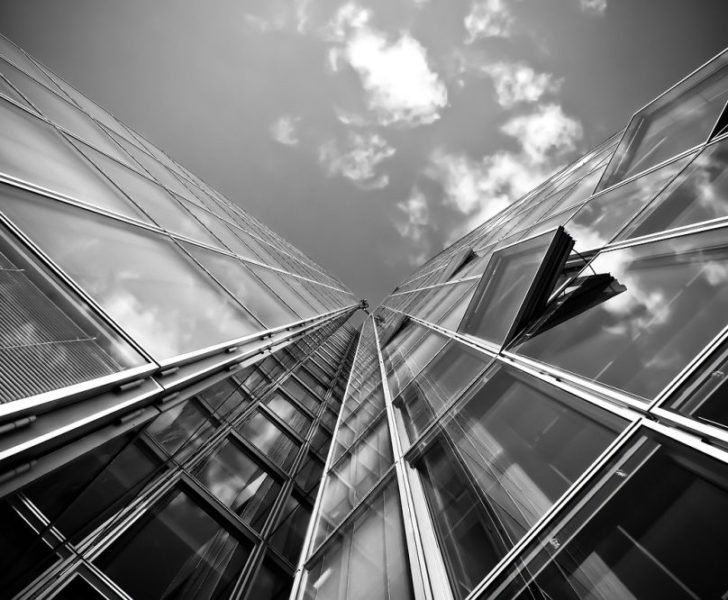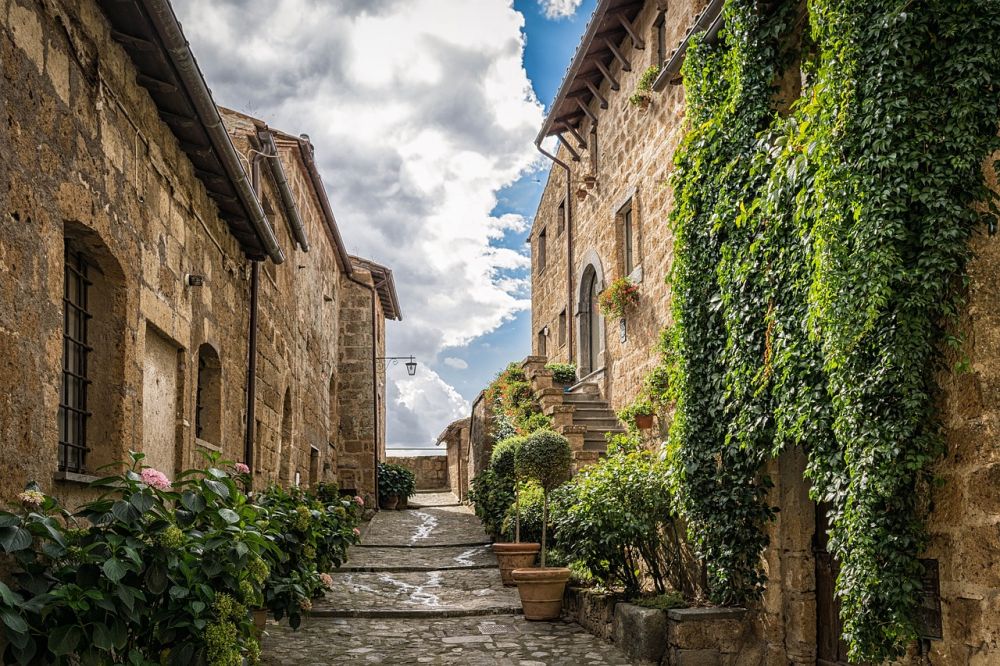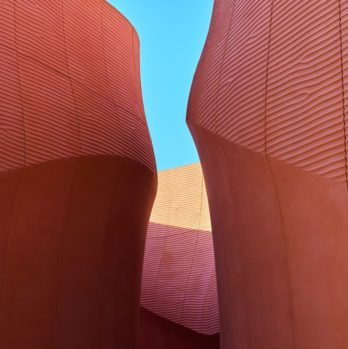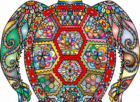Alvar Aalto Craving Structures: A Comprehensive Exploration

Alvar Aalto Buildings: An Architectural Marvel
Introduction:

Alvar Aalto, a Finnish architect and designer, is widely celebrated for his remarkable architectural creations that embody a unique blend of functionality, aesthetics, and nature. This article aims to provide an in-depth understanding of Alvar Aalto buildings, their significance, types, popularity, and the distinguishing factors that make each structure a masterpiece in its own right. Furthermore, we will embark on a historical journey, exploring the advantages and disadvantages of various Alvar Aalto buildings.
Unveiling the World of Alvar Aalto Buildings
Alvar Aalto Buildings Overview:
Alvar Aalto buildings, also known as Aalto’s architectural opuses, are revered for their innovative design philosophy and adherence to the Finnish tradition of blending human-centric design with nature. His structures encompass a wide range, including public buildings, libraries, houses, and cultural centers. Each edifice exhibits a distinctive touch, resonating with the local environment and serving its purpose flawlessly.
Popular Alvar Aalto Buildings:
Alvar Aalto’s creations have garnered worldwide admiration, with several structures earning iconic status. Some of the most renowned examples include the Finlandia Hall in Helsinki, the Villa Mairea in Noormarkku, and the Säynätsalo Town Hall. These buildings exemplify Aalto’s architectural prowess, as he harmonizes functional requirements with a captivating aesthetic appeal.
Quantitative Metrics: Measuring Alvar Aalto Buildings
Measuring the Impact:
When it comes to evaluating Alvar Aalto buildings, several quantitative metrics can measure their impact on the architectural landscape. Elements like building height, floor area, and structural complexity contribute to the overall grandeur and scale of Aalto’s creations. Additionally, energy efficiency, sustainability features, and materials used also play a crucial role in understanding the buildings’ long-term impact on the environment.
Celebrating the Diverse Facets of Alvar Aalto Buildings
Distinctiveness in Aalto’s Structures:
Despite sharing a common design philosophy, Alvar Aalto buildings exhibit remarkable diversity. Each masterpiece reflects Aalto’s ability to adapt his style to fit the surrounding landscape and cultural context. This diversity is evident in the way he blends materials, shapes, and spatial arrangements to create buildings that are both functional and visually striking.
A Historical Journey into the Pros and Cons of Alvar Aalto Buildings
Pros and Cons of Alvar Aalto Buildings:
Throughout history, experts have analyzed the advantages and disadvantages of Alvar Aalto buildings. On the positive side, Aalto’s emphasis on human comfort, functional design, and integration with nature has resulted in structures that enhance the well-being of their occupants. However, critics argue that the organic forms and intricate details often require extensive maintenance and pose challenges for modifications in the future.
Conclusion:
Alvar Aalto buildings continue to astound the world with their timeless designs and integration of natural elements. From iconic landmarks to residential gems, Aalto’s architectural legacy remains an inspiration for architects and enthusiasts alike. By blending function, aesthetics, and sustainability, Alvar Aalto created structures that transcend time, leaving an indelible mark on the architectural realm.
: Infoga en inspirerande videoklipp som visar Alvar Aalto’s signifikanta byggnader och designfilosofi]
Note: Remember to maintain a formal tone of voice throughout the article, catering to the target audience of private individuals. Utilize bullet points where appropriate to enhance readability and increase the chances of appearing as a prominent snippet in Google search results.











